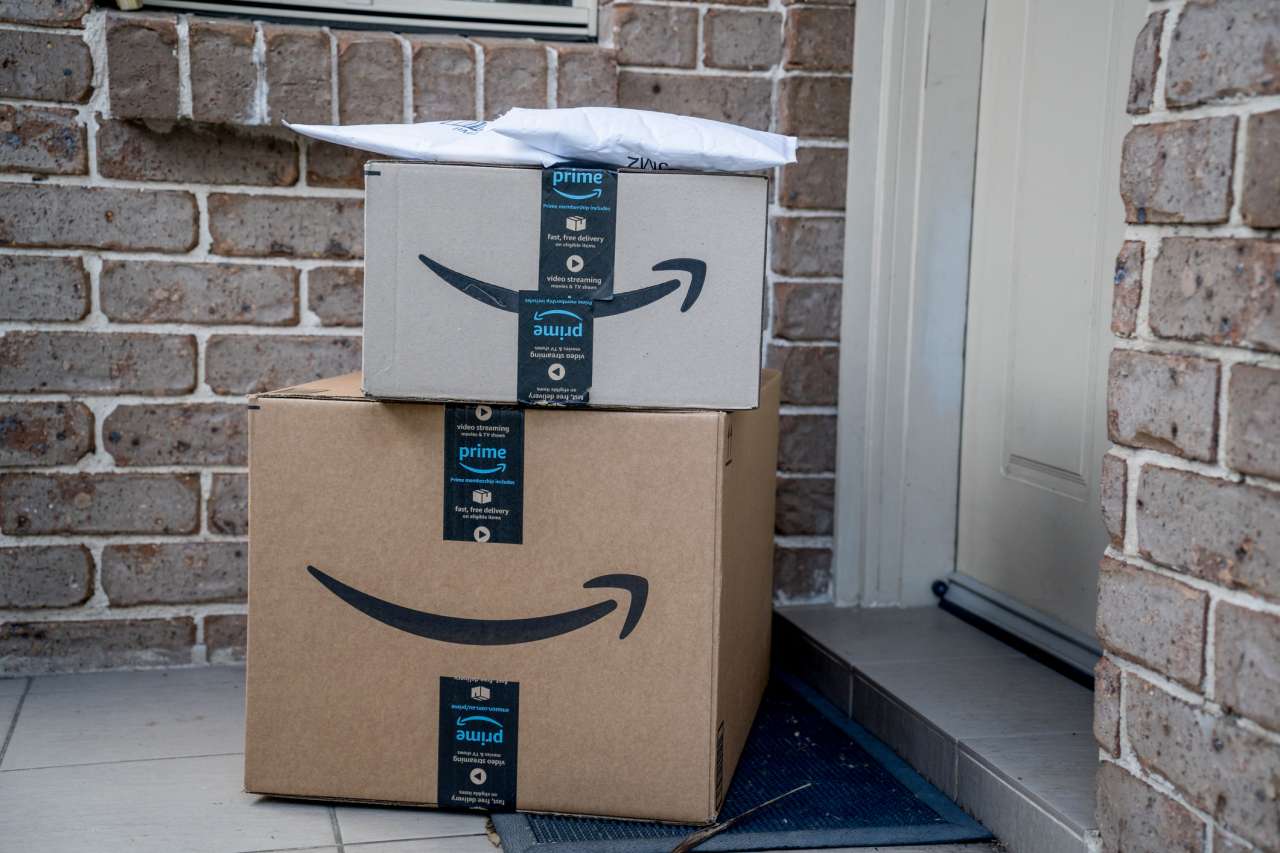Amazon’s second Prime Day of the year is approaching rapidly and is expected to occur on October 8th and 9th. The special date is also a major event for scammers as they are preparing to capitalize on the shopping rush caused by the tech conglomerate’s marketing team. Millions of people participate in Amazon’s sales events. And cyber criminals are fully aware that the more people are involved, the better chances bad actors have to score a win, as often, people rushing around for deals end up letting their guard down. Additionally, Amazon’s fraud department likely experiences difficulties detecting abnormal behavior with the sudden influx of consumers hunting for deals.
Exploiting fear of missing out (FOMO) on Prime Day
Cyber criminals are masters of exploiting the fear of missing out (FOMO). This fear usually surrounds shopping days such as Prime Day, Black Friday, and Cyber Monday.
It is not a secret that bad actors mainly rely on the fact that consumers shopping around for bargains would rush into typing in login details and input credit card information when they see a good deal.
Online fraudsters hope to steal sensitive information and use it for fraud. If successful, they try to log into an actual Amazon account and order items using the credit cards on file. Alternatively, they may try to sell the stolen information on the Dark Web to the highest bidder.
Common scams during Prime Day
Phishing emails and fake Amazon websites
Prime Day is not only a huge backyard sales event for Amazon but also a strategy to gain more Prime subscribers. Consumers who are not yet Prime members would see the ‘amazing deals’ on Amazon. Many would sign up for the service to take advantage.
Scammers know this and they would send phishing emails stating the Prime subscription has been canceled. They ask users to go to a website that closely resembles Amazon and invite them to type in login information. Don’t fall for such messages, the membership is likely not canceled, but fraudsters are simply trying to steal login credentials. Users can always go to the account info and see membership expiration dates.
Porch pirates and the increase in stolen packages
Cyber criminals are not the only folks people should worry about. Porch pirates know there is an influx of new orders around special days such as Prime Day and scour neighborhoods for packages.
If porch pirating is a thing in the neighborhood, folks should keep an eye on packages in the days after Prime Day. If consumers are away from home, consider using an Amazon locker. The trip to the Amazon Lockers is worth it. Folks would rather have the latest iPhone 16 Pro Max in a locker ready for pickup than in the hands of a porch pirate.
How to protect yourself from Prime Day scams
Use antivirus software and avoid suspicious websites
Shopping around for deals can be fun, and getting a bargain certainly is a pleasurable experience. However, sometimes things go sideways, only to realize you’ve been duped.
One of the best ways to avoid being scammed is to be prepared by having antivirus software installed on all your connected devices.The more layers of security you have, the less likely you are to get scammed. Your protection will likely prevent you from accessing malicious websites in the first place.
